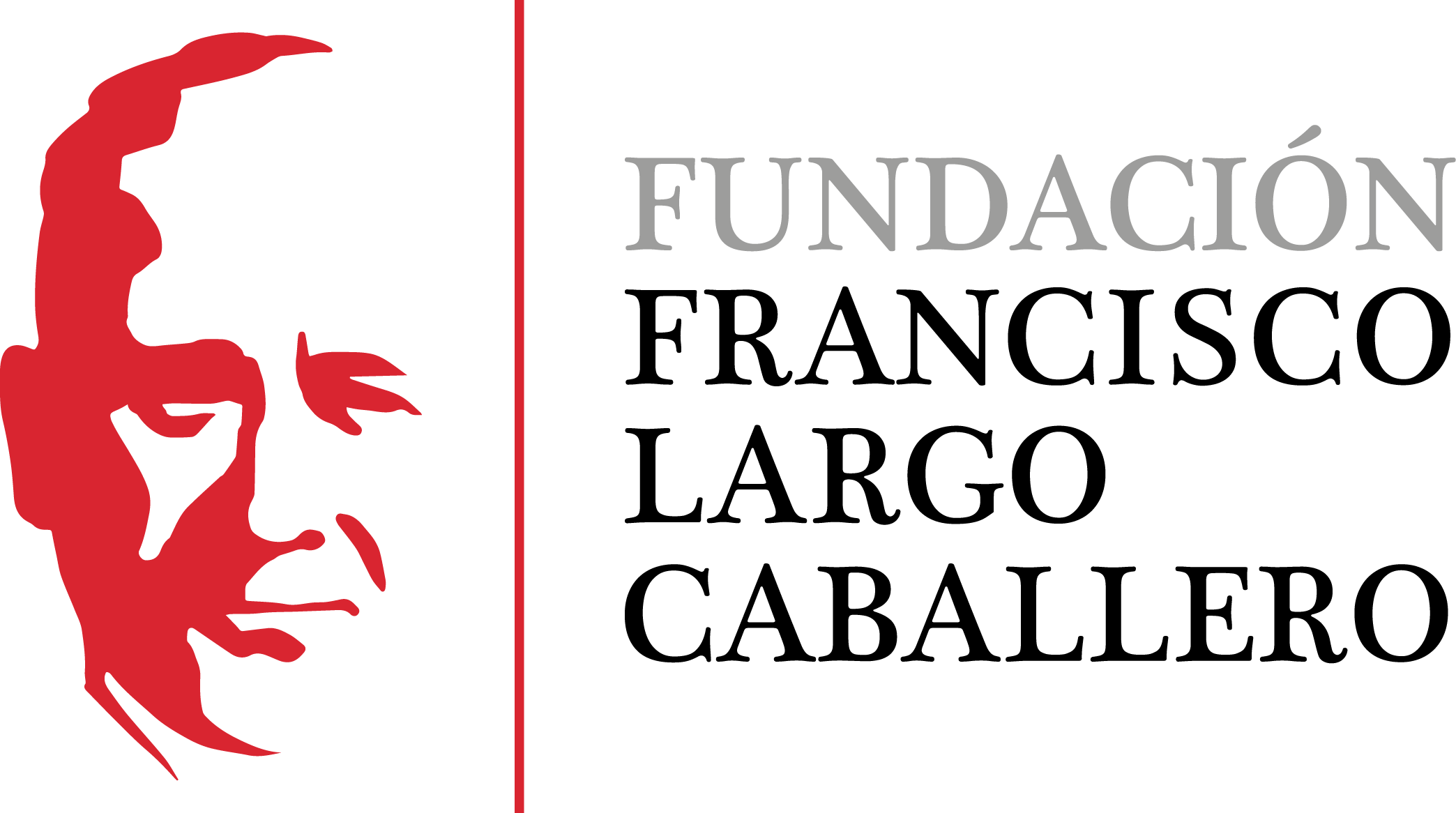Historians and politics: present and past, tensions and conflicts
DOI:
https://doi.org/10.69791/rahc.120Keywords:
Historiography, professionalization, policies of History, national cultureAbstract
The narrative of the past, written History, has traditionally been produced in close dependence on political power and social order. After the professionalization of historians and the epistemological standardization of historical research, the panorama has changed profoundly. Notwithstanding, more complex occurrences of public or political use of history continue to exist. The present article describes the early erudite critical history in the 19th century and its interactions with national –and nationalist– cultures of its time, it analyzes the historical profession within the framework of national Spanish culture in the 20th century, and intends to observe how the structural transformations in the public life help reformulate the historian’s role. From the second half of 20th century, historians have considered the public uses of history as a specific area of research and have contributed to a self rethinking which is necessary to defend the responsibility of professionals and the social function of history.
Downloads
Global Statistics ℹ️
|
83
Views
|
72
Downloads
|
|
155
Total
|
|
Downloads
Published
How to Cite
Issue
Section
License
Copyright (c) 2014 Carlos Forcadell Álvarez, Ignacio Peiró Martín

This work is licensed under a Creative Commons Attribution 4.0 International License.
Alcores is an open-access journal. It provides unrestricted access to its content from the moment of publication. We respect intellectual property rights, and for this reason, the author retains the copyright. All content is distributed under a Creative Commons Attribution 4.0 International (CC BY 4.0) license. The terms of the license can be consulted at: https://creativecommons.org/licenses/by/4.0/
This license allows sharing (copying and redistributing the material in any medium or format) and adapting (remixing, transforming, and building upon the material for any purpose), provided that authorship and first publication in this journal are properly credited, a link to the license is included, and any changes made are indicated.
This type of license facilitates the freedom of reuse and ensures that the content of this journal can be used to meet research needs.





